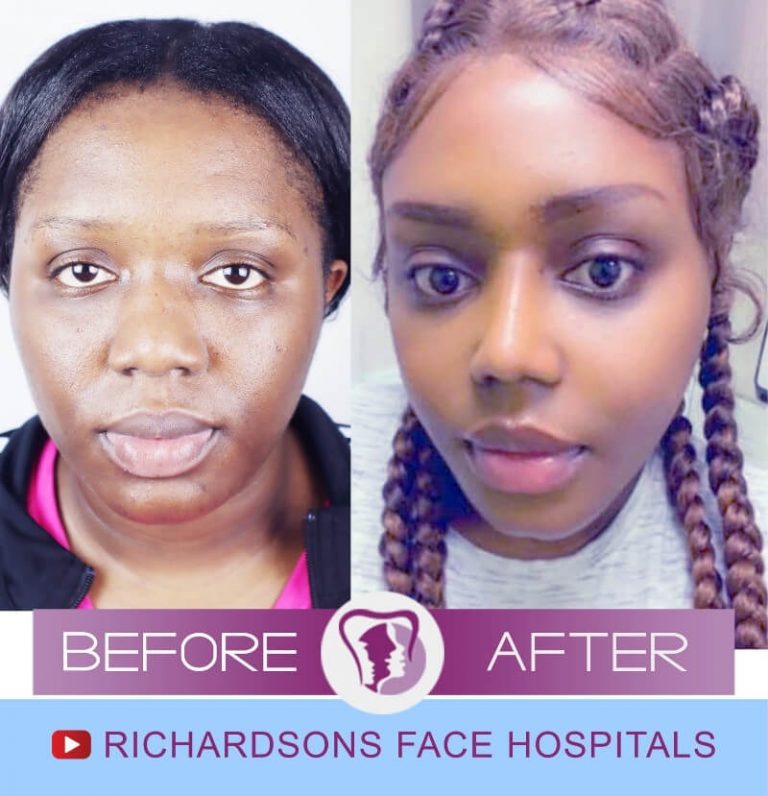Breast Augmentation Rancho Cucamonga: Achieve Natural-Looking Enhancement with Top Surgeons
Breast Augmentation Rancho Cucamonga: Achieve Natural-Looking Enhancement with Top Surgeons
Blog Article
Exploring the Mental and Social Elements That Drive Individuals to Think About Plastic Surgery as a Method of Renovation
The decision to seek plastic surgery often prolongs beyond plain appearances, linking with emotional and social characteristics that warrant complete examination. Aspects such as self-worth, prevalent societal charm standards, and the prevalent impact of social networks converge to shape private motivations for medical improvement. As these impacts come to be increasingly popular, comprehending the underlying emotional and social contexts is vital. What continues to be to be discovered is the extensive influence these variables have not only on individual identity however also on more comprehensive social norms and values bordering beauty and approval.
The Duty of Self-worth
Self-esteem substantially influences an individual's choice to seek plastic surgery. People with low self-esteem commonly perceive themselves in an adverse light, bring about feelings of inadequacy concerning their physical look. This adverse self-perception can drive them to look for medical treatments as a technique of boosting their self-image. The need for renovation in one's appearance is frequently connected to an idea that such adjustments will raise their general self-worth and confidence.

Ultimately, the duty of self-worth in the decision-making procedure relating to plastic surgery highlights the intricate interplay between body photo, individual complete satisfaction, and mental wellness. Understanding this connection is essential for health care experts to ensure that clients are making educated decisions rooted in reasonable assumptions and emotional health.
Social Beauty Requirements
Influenced by prevalent media representations and social narratives, social appeal requirements play a vital role in shaping individuals' assumptions of their very own bodies. These standards are usually defined by an idyllic kind of elegance that emphasizes attributes such as slimness, youthful vigor, and symmetry. As these ideals are continued with different networks, including marketing, film, and television, individuals frequently internalize these messages, causing frustration with their natural look.
The ramifications of these social norms prolong beyond aesthetic preferences; they can affect self-confidence, mental health and wellness, and interpersonal relationships. Individuals that view themselves as dropping brief of these standards may experience sensations of insufficiency, motivating a wish for plastic surgery as a method of accomplishing social approval. This quest is frequently fueled by the idea that complying with these ideals will certainly boost not only physical look yet likewise social standing and personal fulfillment.

Impact of Social Network
The impact of societal charm standards is additional magnified by the surge of social networks systems, where curated photos and idyllic depictions of elegance are common. Users are see it here regularly exposed to filtered and edited photographs, which frequently show unattainable physical attributes. This direct exposure grows a society of comparison, leading people to assess their own look versus these usually impractical benchmarks.
Social media site influencers and celebs frequently advertise aesthetic treatments, normalizing the concept that medical improvements are a feasible means for attaining social ideals (plastic surgery rancho cucamonga). The exposure of these improvements can create an understanding that undergoing plastic surgery is a standard method, therefore influencing individuals to think about comparable interventions as a pathway to boosted self-esteem and social acceptance
Additionally, the interactive nature of social networks enables for prompt feedback with sort and comments, further strengthening the desire to comply with prominent appeal standards. Such communications can worsen feelings of inadequacy and drive people towards plastic surgery as a way of obtaining validation. Inevitably, social media plays an essential role in forming perceptions of appeal, which considerably influences the decision-making processes surrounding cosmetic surgical treatment.

Social Viewpoints on Look
Throughout various cultures, assumptions of look are deeply rooted in historic, social, and financial contexts, forming individuals' sights on appeal and worth. In several cultures, appearance functions as a substantial pen of identification, affecting social standing, specialist opportunities, and personal relationships. For instance, in some cultures, light skin is usually connected with wealth and benefit, while others may glorify darker complexion as icons of stamina and authenticity.
Additionally, typical beauty standards are often perpetuated via cultural narratives, media depictions, and family members influences, leading to differing ideals throughout different regions (plastic surgery rancho cucamonga). In Western societies, the emphasis on young people and physical conditioning typically drives individuals towards aesthetic improvement, while in certain Eastern cultures, more refined changes lined up with conventional appearances might be favored
Globalization and the spreading of electronic media have actually even more made complex these dynamics, developing a hybridization of charm ideals that transcends geographical limits. As individuals increasingly navigate these social stories, the pressure to comply with certain appearance requirements can result in the need for cosmetic surgical procedure, mirroring an intricate interplay of cultural values and individual aspirations. Recognizing these cultural perspectives is important in attending to the inspirations behind cosmetic surgery check it out factors to consider.
Emotional Influences of Plastic Surgery
Numerous people seeking cosmetic surgical treatment record experiencing profound mental impacts that can substantially alter their self-perception and emotional health - plastic surgery rancho cucamonga. The need for physical improvement frequently stems from underlying problems such as reduced self-confidence, hop over to these guys body dysmorphic condition, or societal pressures regarding elegance criteria. For some, the instant post-operative phase can lead to a short-lived increase in self-esteem and fulfillment with their appearance, fostering a feeling of empowerment
Nonetheless, these positive sensations might not be withstanding. Research study indicates that while some patients experience boosted self-esteem, others may encounter intense anxiousness or clinical depression if their assumptions are not met. This discrepancy can emerge from unrealistic ideals bolstered by media depiction and cultural narratives bordering elegance.
In addition, the emotional ramifications of cosmetic surgical procedure extend beyond the individual. Relationships with family members and close friends might be stressed as social characteristics shift, resulting in feelings of seclusion or alienation. Eventually, the psychological impacts of cosmetic surgical treatment are multifaceted and complex, calling for mindful factor to consider by both possible people and medical care suppliers to guarantee educated decision-making and practical expectations.
Conclusion
In conclusion, the choice to pursue cosmetic surgery is dramatically affected by a combination of self-esteem problems, social charm requirements, and social perspectives on appearance. The pervasive reach of social media sites even more aggravates these stress, advertising impractical suitables that people frequently aim to achieve. Recognizing these mental and social aspects is important for attending to the motivations behind cosmetic surgery, highlighting the need for an extra nuanced discussion surrounding elegance and self-acceptance in contemporary culture.
The choice to pursue cosmetic surgical treatment often expands beyond simple looks, intertwining with mental and social characteristics that merit comprehensive assessment. Inevitably, social media plays a pivotal function in forming perceptions of elegance, which significantly impacts the decision-making procedures surrounding cosmetic surgical procedure.
As individuals significantly navigate these social narratives, the pressure to adhere to particular look criteria can lead to the need for cosmetic surgery, reflecting a complex interaction of individual ambitions and cultural values.In conclusion, the choice to go after cosmetic surgical treatment is substantially influenced by a combination of self-esteem concerns, social appeal standards, and cultural viewpoints on appearance. Understanding these emotional and social factors is important for addressing the inspirations behind cosmetic surgical treatment, highlighting the requirement for a more nuanced discussion bordering charm and self-acceptance in contemporary society.
Report this page